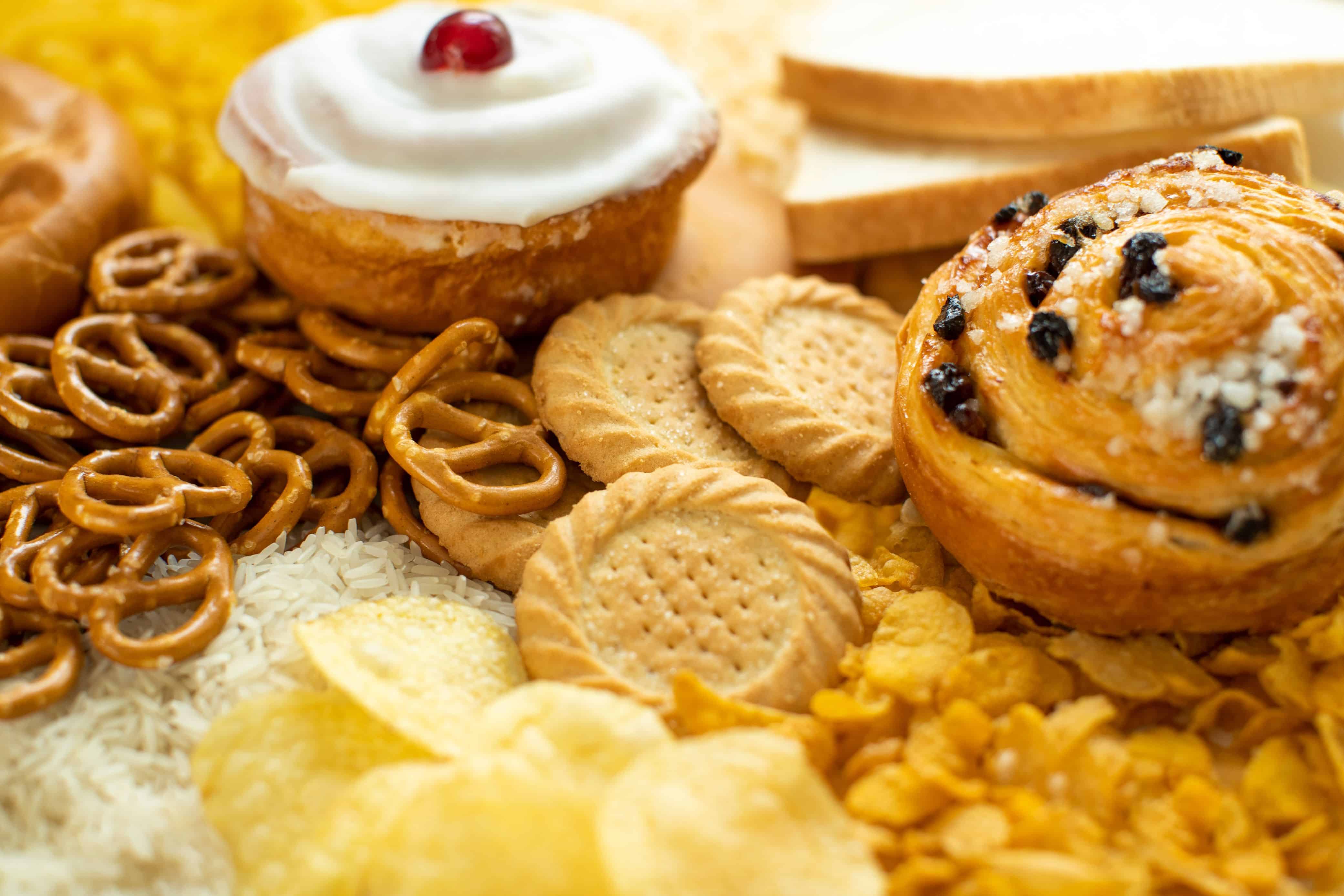Adam Gopnik discusses the nuances and complications of what qualifies as processed food in modern times, juxtaposing traditional food practices against today’s ultra-processed methods. Drawing heavily from Chris van Tulleken’s book “Ultra-Processed People,” which chronicles van Tulleken’s personal experiment with a diet of ultra-processed foods and its health consequences, Gopnik examines the boundaries between natural and processed and the implications of labeling food addictions.
Key Points:
- Chris van Tulleken undertook a self-experiment by consuming a diet of ultra-processed foods, resulting in weight gain, uniformity in meals, and an unsettling craving pattern.
- Ultra-processed foods have components not typically found in homemade meals, with many commercial products having a long list of unfamiliar ingredients.
- There are increasing concerns regarding the global spread of ultra-processed foods and their potential negative effects, with Nestlé introducing such snacks to Indigenous communities in Brazil, subsequently influencing local diet preferences.
- The line between what is considered traditionally processed and ultra-processed is blurred, with many foods once deemed natural now falling under scrutiny.
- The broader concept of addiction, as applied to food, is complex and the debate on whether our inclination for junk food can be termed as an “addiction” is ongoing.
Source: https://www.newyorker.com/magazine/2023/07/31/ultra-processed-people-chris-van-tulleken-book-review









